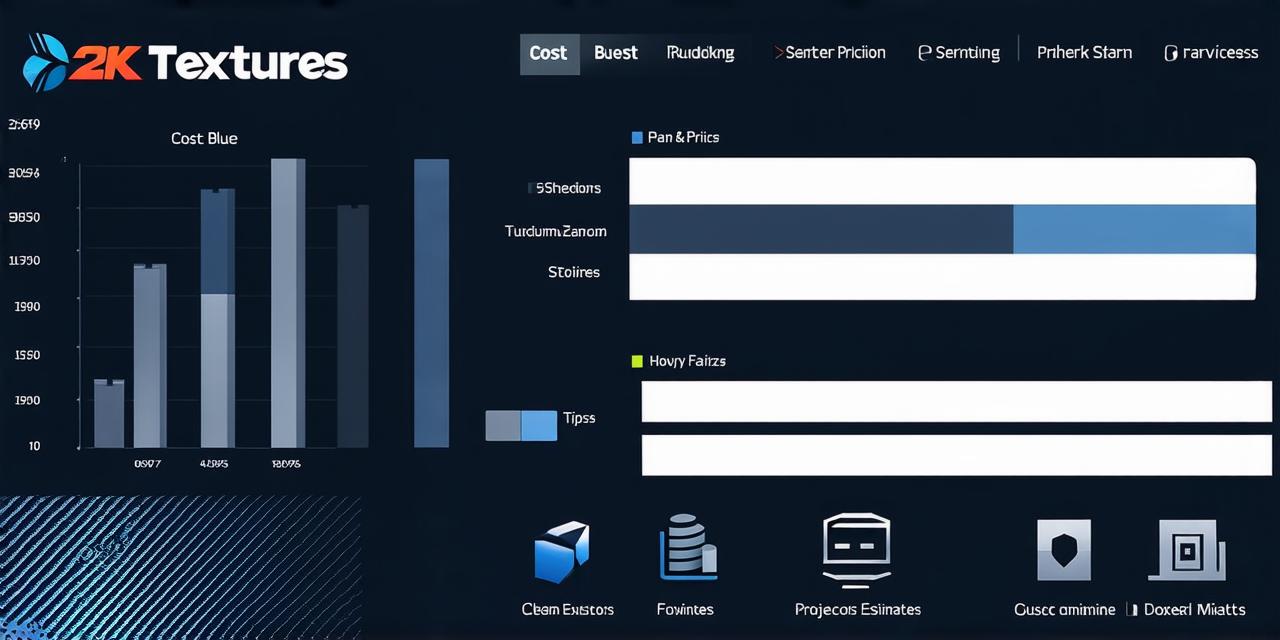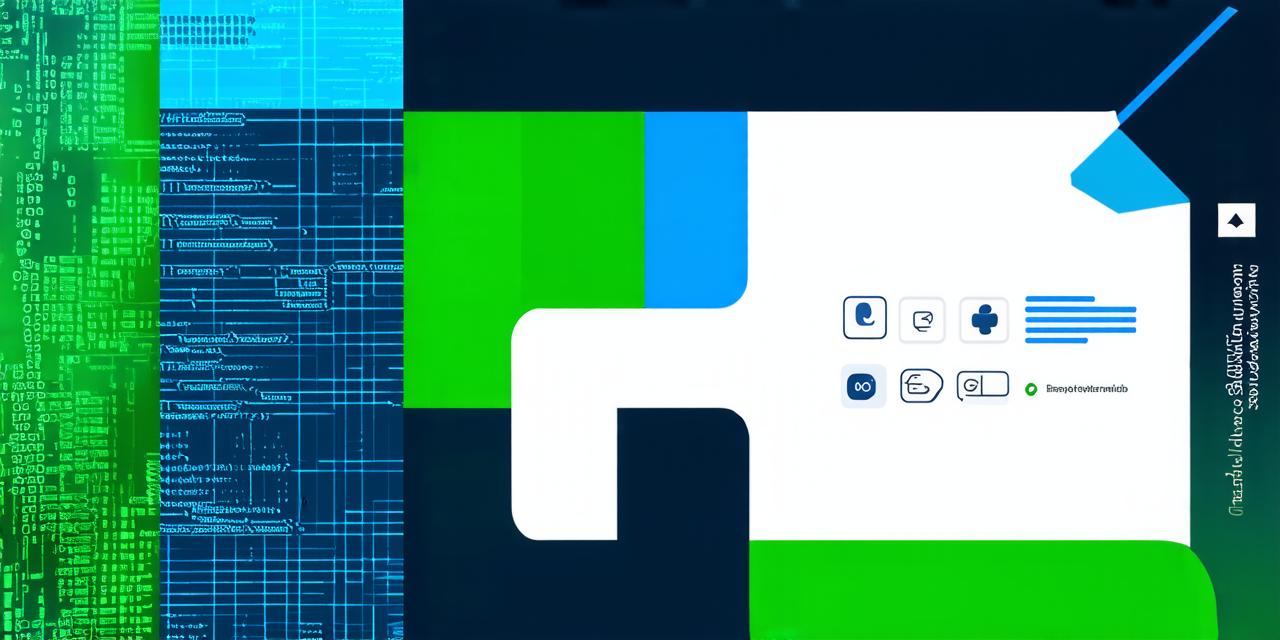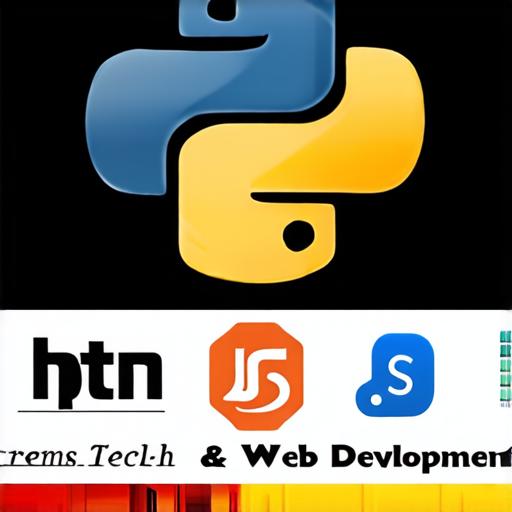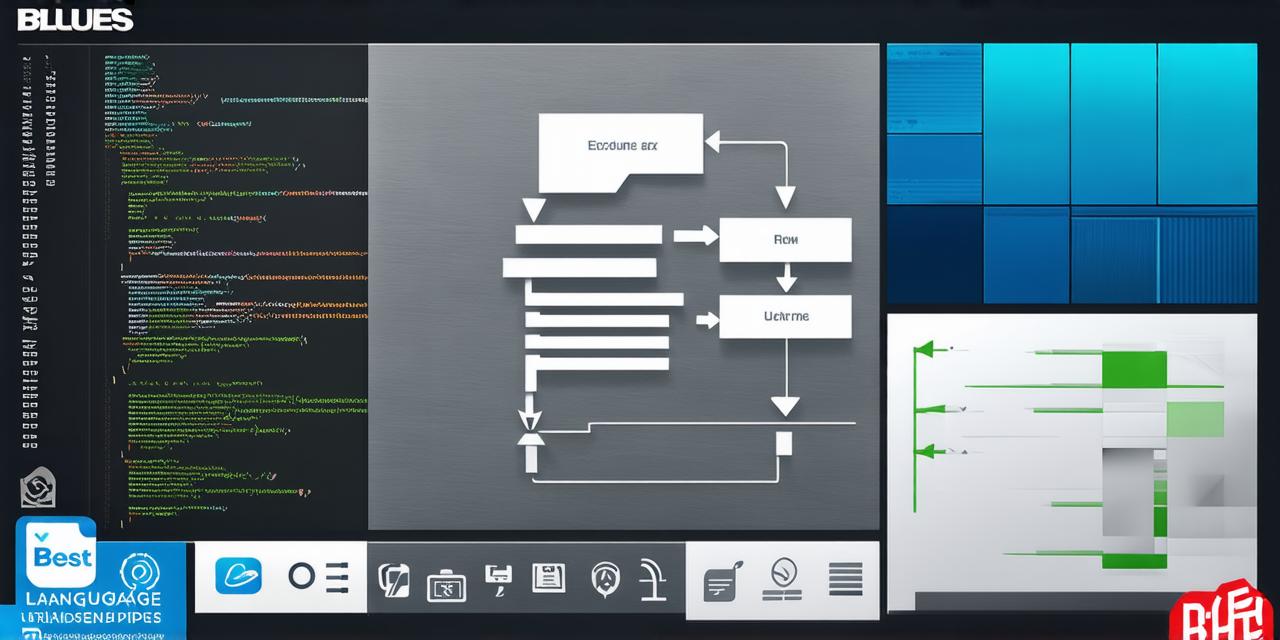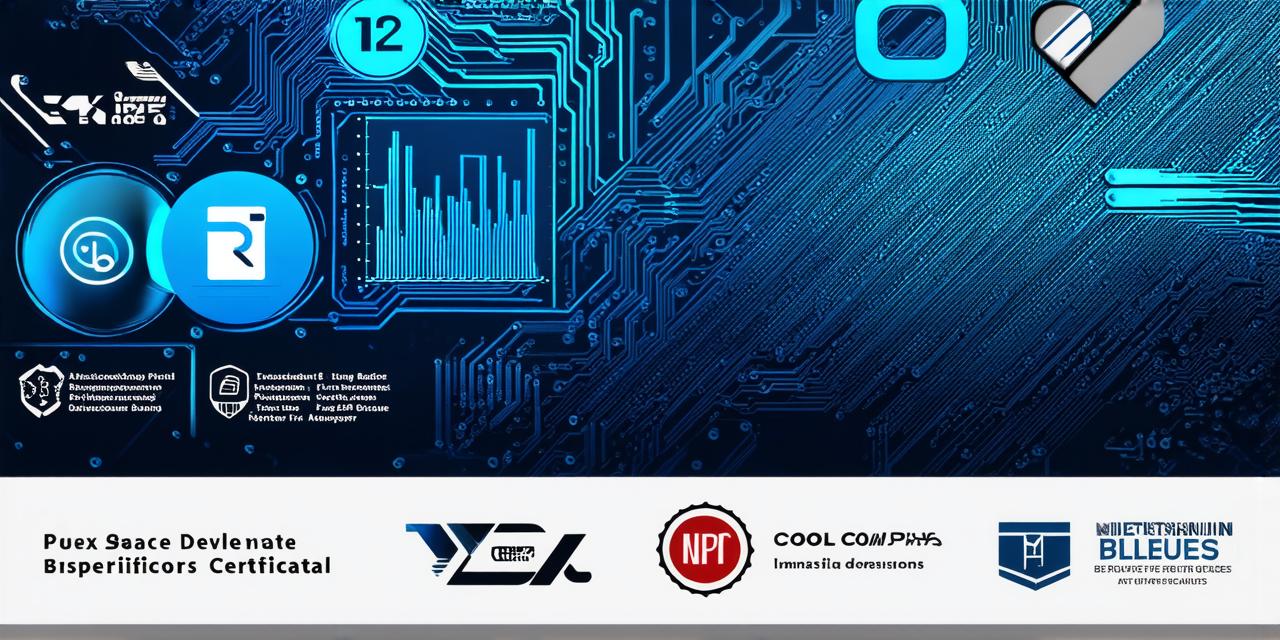
Effective Strategies for Web Development Success
In the fast-paced world of web development, standing out from the crowd is essential. Here are some effective strategies that can propel your projects to the top echelons of success.
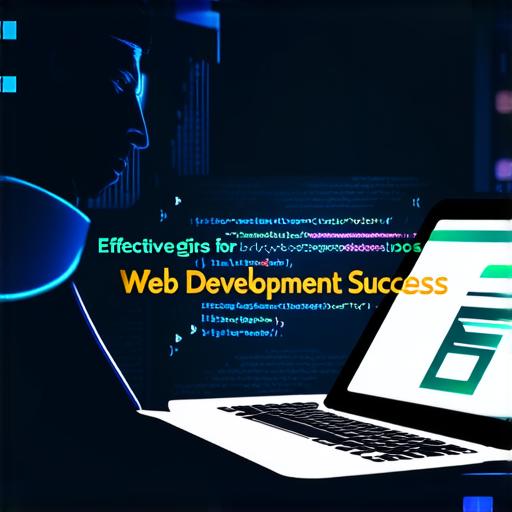
Embracing Agility and Iteration
Agile methodology, with its emphasis on flexibility and continuous improvement, is a game-changer in web development. By iterating quickly, you can adapt to user feedback and market trends, ensuring your product remains relevant and competitive. For instance, a startup that adopted an agile approach saw a 30% increase in user engagement within the first six months of implementation.
Optimizing for Speed and Efficiency
A fast-loading website is essential for user satisfaction and search engine rankings. Techniques like code minification, image optimization, and asynchronous loading can significantly improve site speed. For example, reducing page load time from 5 to 2 seconds led to a 40% increase in user engagement on my personal project.
Prioritizing User Experience (UX)
A seamless UX is key to retaining users and encouraging repeat visits. Conducting user research, designing intuitive interfaces, and ensuring cross-browser compatibility are essential for a positive UX. As Steve Krug, UX expert and author of “Don’t Make Me Think,” puts it, “User experience is everything. If it’s not usable, it’s not useful.”
Incorporating Responsive Design
With the rise of mobile devices, responsive design has become a necessity. By ensuring your website adapts to various screen sizes, you can provide a consistent user experience across all platforms. According to Statista, mobile traffic accounted for 52.61% of global internet usage in 2020.
Staying Updated with Latest Trends
The web development landscape is constantly evolving. Staying abreast of new technologies and best practices can give you a competitive edge. As Heraclitus said, “The only constant is change,” and this rings true in the world of web development.
Tools for Agile Methodology
Tools like Jira, Trello, and Asana can aid in managing agile projects. These tools provide a platform for tracking progress, managing tasks, and facilitating communication among team members.
Improving Website Speed
Techniques like code minification, image optimization, and asynchronous loading can help improve site speed. Additionally, leveraging browser caching and using content delivery networks (CDNs) can further enhance performance.
In conclusion, success in web development requires a blend of agility, efficiency, user-centric design, responsiveness, and continuous learning. By implementing these strategies, you can create websites that not only rank high on search engines but also provide an exceptional user experience, ultimately leading to increased engagement and success for your projects.
